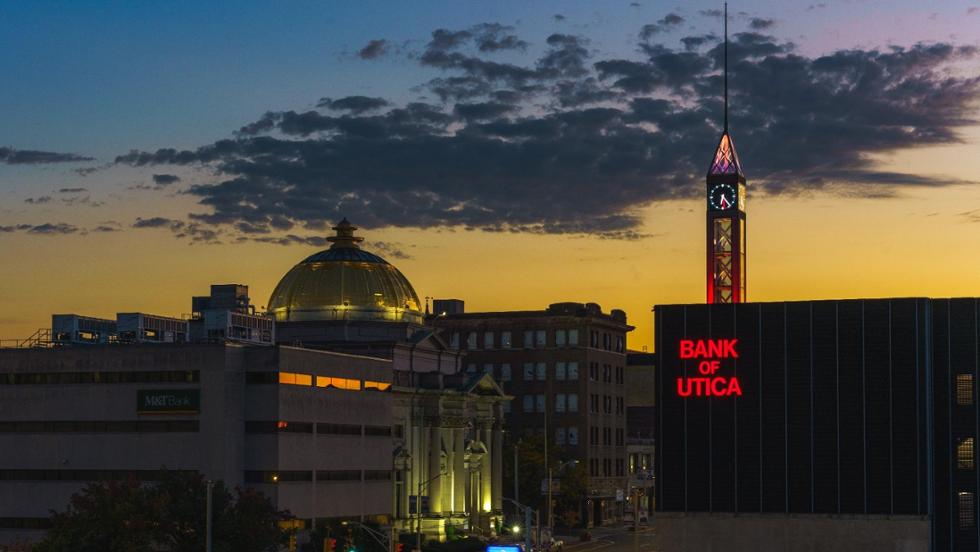
Specifically, they examined the effects on refugee physical well-being, employment and finances, housing stability, youth education, and emotional well-being.
The report was designed to inform solutions that meet immediate needs and address social and health inequities and to mobilize action. The survey was conducted between May and September 2023. Four students from On Point for College were trained and conducted these interviews.
Key Report Findings
Housing and Jobs
The most significant effect was in the long-reach of COVID-19 on housing costs and stability. During the first year of the pandemic, more than 72% of respondents reported that they spent more than 30% of their income for housing, and that number remained the same in 2024. (The share of income for housing by Utica’s refugees is over 40% higher than the national average.) Over a third of those surveyed said they lost their job(s), and more than half experienced reduced work hours. Although employment has rebounded, the continuing high cost of housing has placed significant and ongoing financial burdens on the city’s refugee communities.
Education
The negative effects of COVID-19 on educational outcomes for children has eased. During the first year, 61% of participants reported that their children’s schooling was harmed by the lack of contact with teachers and mandatory online learning, by the inability of parents to provide adequate help or supervision with online classes, and by high rates of absenteeism. In 2024, less than a quarter of parents are worried that their children are falling behind.
Disparities
Not all refugee communities were affected to the same degree or in the same way. Bosnians, who have settled in Utica earlier than the other two communities in the study (those from Myanmar and Somalia), were less affected in terms of housing or employment, but 95% said the pandemic has a very negative impact on youth education. Refugees from Somalia were the most adversely impacted in terms of higher percentages reporting job loss, housing instability, and experiencing worse physical and mental health.
Burmese parents reported the lowest rates of concern about educational problems for their children, and lower rates of unemployment.
Currently, refugees and their families comprise nearly a quarter of Utica’s 65,000-person population. Somali Bantus, the Karens of Myanmar, and Bosnians are the predominant refugee groups.
Hamilton’s Arthur Levitt Public Affairs Center and the Dean of Faculty Office provided financial support for this project. On Point for College provided and supervised the interviewers. On Point Director Kevin Marken and Lead Advisor Lupway Doh assisted in this project.
The Levitt Center supports students, faculty, and staff who aspire to understand and address pressing local, national, and international challenges. Levitt programs aim to help develop a deep understanding of these issues while cultivating interdisciplinary knowledge, wide-ranging skill sets, and leadership capacities.
On Point for College, a non-profit organization with locations in Syracuse and Utica, N.Y., helps traditional and non-traditional students overcome the barriers to higher education.
Posted February 21, 2025


